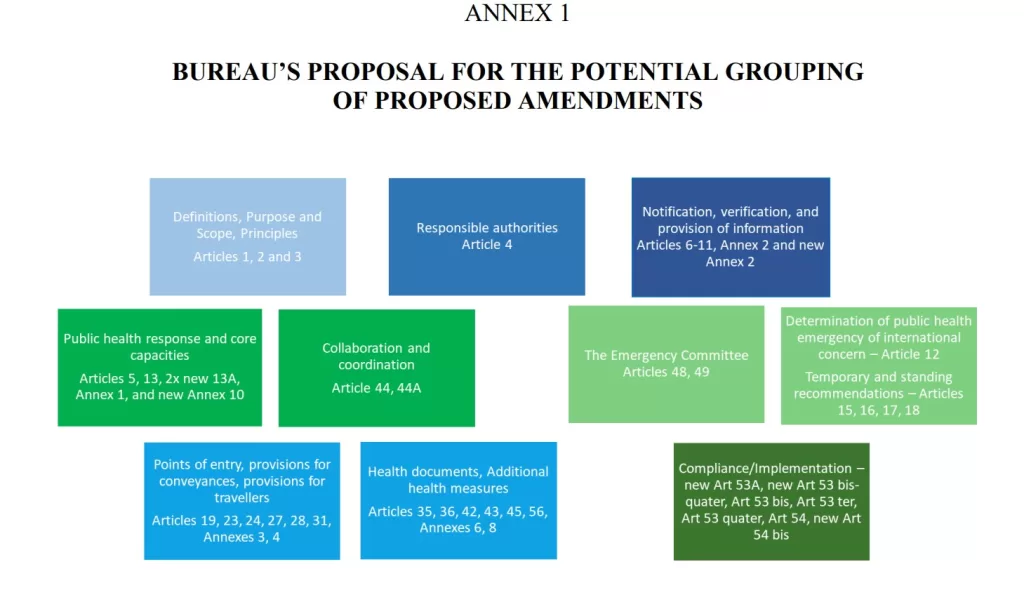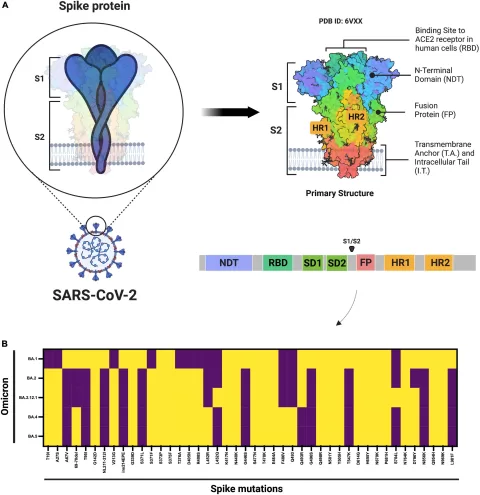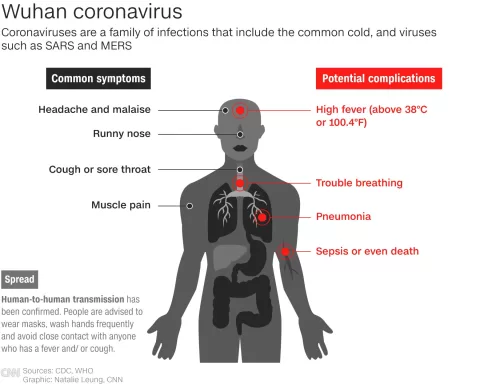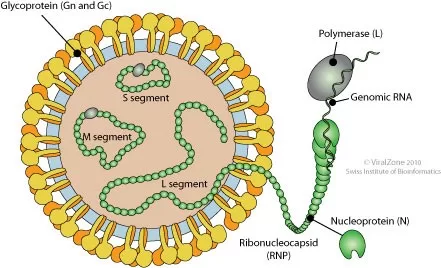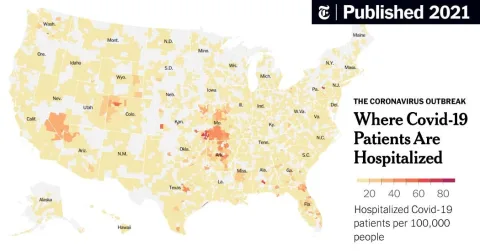The recent amendments to the International Health Regulations (IHR) mark a significant evolution in global health governance, essential for enhancing pandemic preparedness and response. On June 1, during the World Health Assembly (WHA), representatives from 194 nations came together to adopt these crucial modifications aimed at improving international health regulations and bolstering global health security. The IHR amendments are designed to address the lessons learned from the COVID-19 pandemic, ensuring that countries are better equipped to swiftly identify and respond to infectious disease threats in the future. With the commitment to finalize a global pandemic agreement, often referred to as the pandemic accord, within a year, this concerted effort signifies a historic leap toward cooperative health strategies. The implications of the IHR amendments will not only enhance national capabilities but also foster greater coordination among countries in disease surveillance and information sharing.
In a groundbreaking development for international public health, the recent modifications to the global health guidelines underscore a proactive approach to managing health crises. These regulatory updates, established by the World Health Assembly, aim to strengthen international health frameworks that govern how nations respond to pandemics. By implementing these enhancements to health regulations, member states are setting the stage for improved protocols in the face of future outbreaks, reinforcing the importance of equitable health solutions. Furthermore, the proposed pandemic accord promises to facilitate collaborative efforts in pandemic preparedness, ensuring a unified response to health emergencies across borders. This significant global initiative reflects a collective understanding of the urgent need for effective strategies as we navigate the complexities of health threats in an interconnected world.
Significance of IHR Amendments in Pandemic Preparedness
The recent amendments to the International Health Regulations (IHR) mark a pivotal moment in global health policy, particularly in the context of pandemic preparedness. These amendments, agreed upon during the World Health Assembly, aim to bolster the mechanisms through which countries identify and respond to potential health emergencies. By establishing clearer protocols for what constitutes a pandemic emergency, the WHO and its member states have laid the groundwork for more coordinated and rapid interventions. This is crucial, especially in light of the lessons learned from the COVID-19 pandemic, which revealed significant gaps in timely response and international cooperation.
Moreover, the IHR amendments underscore a commitment to equity in health security, addressing disparities that were effectively highlighted during the pandemic. The inclusion of a Coordinating Financial Mechanism in these amendments aims to ensure that developing countries receive the necessary support to tackle health threats equitably. This focus on teamwork and resource sharing among nations reinforces the idea that public health challenges are global issues that transcend borders, necessitating collaborative strategies and mutual assistance for effective pandemic management.
Global Health Security and the Role of the World Health Assembly
The World Health Assembly (WHA) plays a crucial role in shaping global health security policies, especially as countries strive to enhance their preparedness for future pandemics. By convening member states to discuss IHR amendments and other health regulations, the WHA facilitates vital conversations and decisions that can mitigate the impacts of infectious disease outbreaks. This collaborative approach is essential in fostering a united front against health threats, with the WHA serving as a platform for sharing insights, resources, and strategies among nations.
In additional discussions, the WHA also focused on the ongoing negotiations surrounding a global pandemic agreement. This proposed pandemic accord seeks to institutionalize the lessons learned from COVID-19, promoting a cohesive global strategy for pandemic prevention and response. By pushing for this agreement, the WHA aims to solidify international commitments to equity and shared responsibility—key components of a robust global health security framework. As countries work together, the emphasis on cooperation will help ensure that the world is better prepared to face future health challenges.
Frequently Asked Questions
What are the IHR amendments approved at the World Health Assembly?
The IHR amendments are a set of revisions to the International Health Regulations approved by delegates at the World Health Assembly on June 1. These amendments aim to enhance global health security by improving the world’s capacity to identify and respond swiftly to pandemic threats, particularly in light of lessons learned from the COVID-19 pandemic.
How do the IHR amendments address pandemic preparedness?
The IHR amendments enhance pandemic preparedness by introducing a clearer definition of a pandemic emergency, facilitating international collaboration. They also establish a Coordinating Financial Mechanism to ensure equitable access to funding for developing countries, improving overall responsiveness during health emergencies.
What is the role of the World Health Organization in the IHR amendments?
The World Health Organization plays a crucial role in the IHR amendments by facilitating discussions among member states. The WHO aims to bolster national capabilities, coordinate responses, and promote equity in health security through these revisions, thereby ensuring a united front against future pandemics.
How will the IHR amendments improve global health security?
The IHR amendments will improve global health security by enhancing collaboration among countries, establishing national IHR authorities for better implementation, and creating a financial mechanism to support developing nations. These measures are designed to provide a more robust framework for responding to infectious disease threats.
What is the significance of the Coordinating Financial Mechanism in the IHR amendments?
The Coordinating Financial Mechanism is significant as it addresses equity issues highlighted during the COVID-19 pandemic. It aims to identify and allocate funding resources to tackle the health needs of developing countries fairly, thereby enhancing their capacity to respond to global health threats.
What is the goal of the upcoming global pandemic agreement related to the IHR amendments?
The goal of the upcoming global pandemic agreement is to enhance international collaboration and equity in preventing, preparing for, and responding to future pandemics. This agreement will build upon the IHR amendments, aiming to provide a structured and unified approach to global health security.
Why are the IHR amendments considered historic?
The IHR amendments are deemed historic because they represent a significant collective effort by member states to improve pandemic preparedness and response mechanisms. They reflect a commitment to equity and global health collaboration, responding to the urgent need for a more effective international health framework post-COVID-19.
What challenges did the IHR amendments face during the World Health Assembly?
The IHR amendments faced challenges related to negotiation complexities and varying national interests among member states. Despite these challenges, a strong global consensus emerged, leading to the amendments’ approval in the final hours of the World Health Assembly.
What are the key elements of the revised IHR amendments?
Key elements of the revised IHR amendments include a new definition of a pandemic emergency, the establishment of a Coordinating Financial Mechanism, a committee of state parties for implementation, and the formation of national IHR authorities to enhance coordination during health crises.
How do the IHR amendments plan to address equity in global health?
The IHR amendments plan to address equity by establishing frameworks that ensure all countries, particularly developing nations, have fair access to resources and support during health emergencies, promoting a collaborative approach to managing pandemic threats.
| Key Points | Details |
|---|---|
| The IHR amendments | Agreed upon by 194 member countries at the WHA on June 1, aimed at enhancing global pandemic response. |
| Definition of pandemic emergency | Introduces a classification for heightened alert during potential pandemics to improve international collaboration. |
| Equity-focused financial mechanism | Established to ensure fair access to resources for developing countries affected by pandemics. |
| National IHR authorities | To facilitate implementation and coordination of the IHR amendments within countries. |
| Ongoing pandemic agreement negotiations | WHA delegates committed to finalize negotiations on a pandemic accord within a year. |
| Encouraging global response | The amendments are seen as a historic advancement that enhances national capabilities and international health collaboration. |
Summary
The IHR amendments aim to significantly bolster global health security by enhancing the capacity for quick identification and response to pandemic threats. These amendments reflect a commitment to equity and international collaboration, addressing the lessons learned from the COVID-19 pandemic. With the establishment of mechanisms focused on synergies between nations and financial support for developing countries, the amendments pave the way for a more prepared and equitable response to future health emergencies.
The content provided on this blog (e.g., symptom descriptions, health tips, or general advice) is for informational purposes only and is not a substitute for professional medical advice, diagnosis, or treatment. Always seek the guidance of your physician or other qualified healthcare provider with any questions you may have regarding a medical condition. Never disregard professional medical advice or delay seeking it because of something you have read on this website. If you believe you may have a medical emergency, call your doctor or emergency services immediately. Reliance on any information provided by this blog is solely at your own risk.



